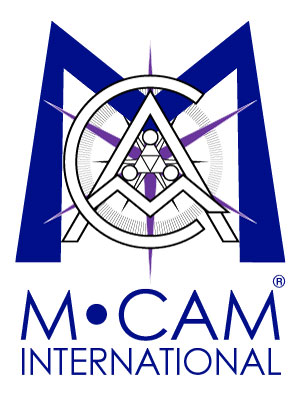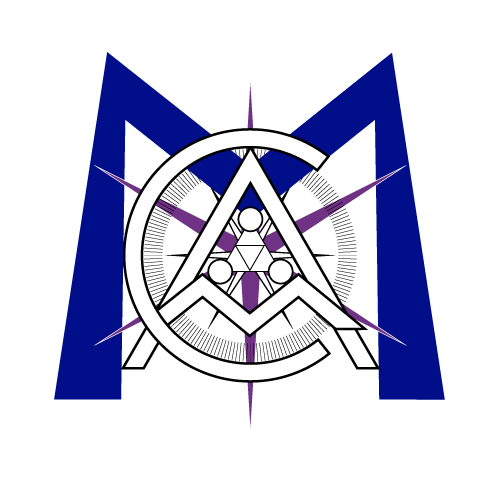April 2, 2007
In
News Archive
Date: Mon, 2007-04-02
Dr. David E. Martin April 2, 2007
PTO REJECTS HUMAN STEM CELL PATENTS AT BEHEST OF CONSUMER GROUPS: Re-examination Was Initiated by Foundation for Taxpayer and Consumer Rights and Public Patent Foundation
Santa Monica, CA — April 2, 2007 — The U.S. Patent and Trademark Office has upheld challenges by consumer advocates to three over-reaching patents on human embryonic stem cells and rejected patent claims by the Wisconsin Alumni Research Foundation (WARF), the Foundation for Taxpayer and Consumer Rights (FTCR) said today.
“This is a a great day for scientific research,” said John M. Simpson. FTCR stem cell project director. “Given the facts, this is the only conclusion the PTO could have reached. The patents should never have been issued in the first place.”
The challenges were filed last July by FTCR and the Public Patent Foundation (PUBPAT) because the three WARF patents were impeding scientific progress and driving vital stem cell research overseas. FTCR and PUBPAT argued that the work done by University of Wisconsin researcher James Thomson to isolate stem cell lines was obvious in the light of previous scientific research, making his work unpatentable. To receive a patent, something must be new, useful and non-obvious. The PTO agreed with the groups.
Its decision said, “It would have been obvious to one skilled in the art at the time the invention was filed to the method of isolating ES cells from primates and maintaining the isolated ES cells on feeder cells for periods longer than one year. A person skilled in the art would have been motivated to isolate primate (human) ES cells, and maintained in undifferentiated state for prolonged periods, since ES cells are pluripotential and can be used in gene therapy.”
The PTO decisions were dated Friday, March 30 but were received today. WARF has two months to respond to the PTO ruling and seek to change it. Third party requests for patent re-examination, like the ones filed by FTCR and PUBPAT, are ultimately successful in having the subject patent either changed or completely revoked roughly 70% of the time.
Dr. Jeanne Loring, a stem cell researcher at the Burnham Institute for Medical Research, filed statements in support of the re-examination requests.
“The real discovery of embryonic stem cells was by Martin Evans, Matt Kaufman, and Gail Martin in 1981, and none of these scientists considered patenting them,” said Loring. “It is outrageous that WARF claimed credit for this landmark discovery nearly 15 years after it was made.”
In the face of the challenges by FTCR and PUBPAT WARF announced in January that it would ease its licensing requirements on human embryonic stem cells.
“Now that the PTO has ruled, WARF should simply drop all its claims,” said Dan Ravicher, PUBPAT Executive Director.
The groups said the patents’ dubious validity is underscored by the fact that no other country in the world honors them. As a result, U.S. researchers have sent research monies abroad where they can avoid paying royalties to WARF.
California voters approved the nation’s largest publicly funded stem cell research program in 2004 with Proposition 71, which allocated $3 billion in grants over the next 10 years.
More information about FTCR and PUBPAT’s challenges to the WARF stem cell patents (U.S. Patents Nos. 5,843,780, 6,200,806 and 7,029,913), including copies of the Patent Office’s Orders rejecting the patents, can be found at http://www.pubpat.org/warfstemcell.htm
Read John Simpson’s Op-Ed explaining the need for the patent challenges at http://www.consumerwatchdog.org/healthcare/co/?postId=6532

